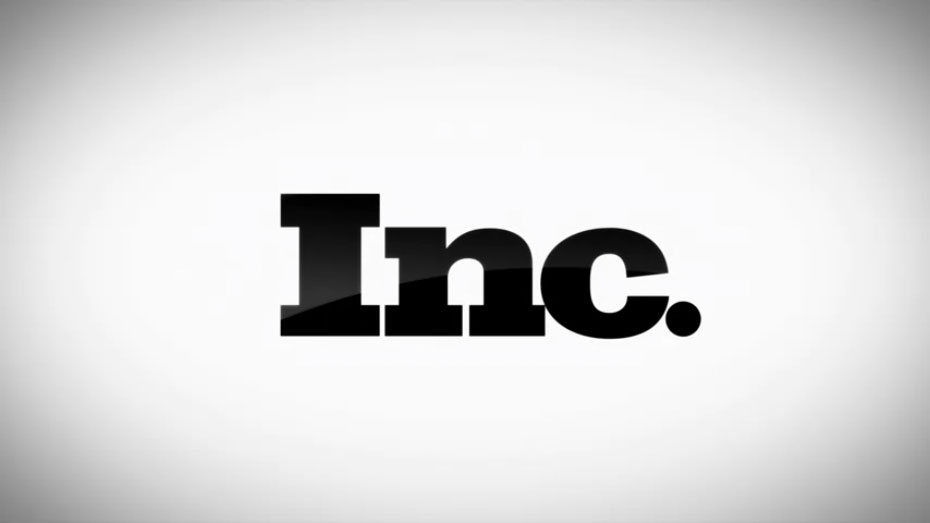cash out same day binary options
Cashing Out;

With interest rates down and the business world in the throes of mergermania, 1986 promises to be a banner year for the buying and selling of companies, especially small to midsize companies. The Geneva Cos., which tracks such matters, estimates that 25,000 businesses will be sold this year, and about half of them will exist companies with revenues in the $i-million to $fifty-1000000 range.
And why will the owners be selling those companies? Boredom and exhaustion, according to Geneva -- at least in the bulk of cases.
Geneva bases its prediction on 8 years of feel in working with primarily smaller, privately held companies on sales, mergers, and acquisitions. According to David R. Hoods, president of Geneva Marketing Services, which maintains Geneva's database, the typical seller is a man who has started his visitor from scratch and washed very well. He's been in business organization 19 years or more. His kids have gone to higher. He's lost one or more spouses along the manner. "He's climbed the mountain, and he's request, 'Is that all there is?' He'due south tired of the fight."
That fact notwithstanding, more than than a third of the sellers eventually go on to buy or become involved in another kind of company. "Oftentimes they'll say, 'Gee, why non combine a hobby with a concern," says Hoods. "The commencement company was for success; the second, maybe, for more personal satisfaction. One of our clients had a successful plastic-molding business that he sold. Two years later, he bought a ingather-dusting business. I mean, that guy wanted a whole new infant!"
Hoods adds that, in selling a company, it's important to accept plenty fourth dimension -- normally 12 to xv months -- to position the company for sale, to find the right buyer, to sell, and to close. "70-v percent of owners who sell get less than the concern is worth. They don't understand the value of the business. They expect besides much or too fiddling.But beauty is in the eye of the beholder. To the right heir-apparent, the business could be worth, say, $6 million, [simply it might be worth] but $2 one thousand thousand to someone else."
Mar 1, 1986
Source: https://www.inc.com/magazine/19860301/1256.html
Posted by: martingotim1981.blogspot.com


0 Response to "cash out same day binary options"
Post a Comment